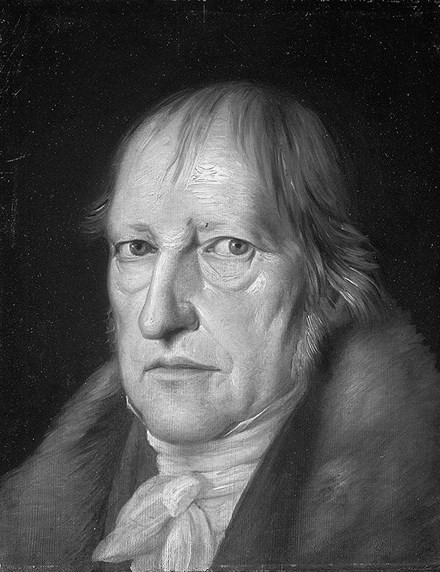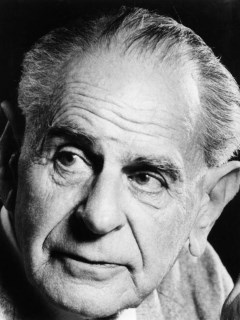
Publication details
Publisher: Springer
Place: Berlin
Year: 1995
Pages: 286-312
Series: Studies in Economic Ethics and Philosophy
ISBN (Hardback): 9783642633607
Full citation:
, "Is postmodernism a neohistorism?", in: The theory of ethical economy in the historical school, Berlin, Springer, 1995


Is postmodernism a neohistorism?
on the absoluteness and the historicity of history
pp. 286-312
in: Peter Koslowski (ed), The theory of ethical economy in the historical school, Berlin, Springer, 1995Abstract
According to Jean-François Lyotard, postmodernism can be defined as the deconstruction of the grand narratives of Hegelianism: "In the extremest simplification we can say: "postmodern" means that one no longer believes in the meta-narratives."1 Postmodem is the state of mind and the epoch in which the belief in the master narratives that dominated the modemist philosophy and its epoch since the rise of Hegelianism has come to an end. Postmodernism, therefore, agrees with Hegel's and his disciples' conviction that the Hegelian philosophy has shaped modernity as a Weltanschauung and that the modem epoch starts with Hegel's publication of the Phenomenology of the Spirit in 1807 and is shaped by the two schools stemming from his thought, the Right Hegelian and the Left Hegelian School from which marxism developed. Both schools developed what later, by Karl Popper, was called "historicism". As far as postmodernism is the critique of the grand narratives of modernism it is also critique of historicism. If, however, postmodernism is the critique of historicism, how can it be a historism itself?
Cited authors
Publication details
Publisher: Springer
Place: Berlin
Year: 1995
Pages: 286-312
Series: Studies in Economic Ethics and Philosophy
ISBN (Hardback): 9783642633607
Full citation:
, "Is postmodernism a neohistorism?", in: The theory of ethical economy in the historical school, Berlin, Springer, 1995



